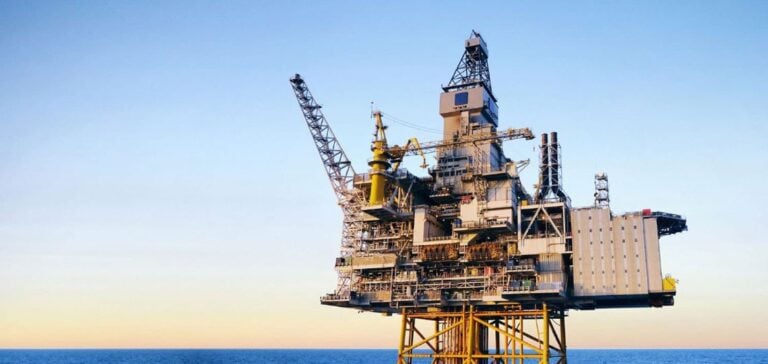Rwanda has recently revised a statement concerning a supposed oil discovery in Lake Kivu, emphasizing that work remains in an exploratory stage. The Rwanda Mines Board (RMB), which issued the clarification, is now seeking partners to fully evaluate the potential resources.
A Premature Announcement
Francis Kamanzi, Director General of the RMB, had stated before Parliament, “The good news is that we have oil,” a claim widely circulated by media outlets. However, the RMB swiftly released a communiqué tempering this announcement, explaining that a two-dimensional seismic survey of the lake identified 13 structures favorable for exploratory drilling but no definitive proof of hydrocarbons has been confirmed.
This retraction highlights the caution needed in a region where oil-related issues are complex. While promising, the potential oil deposits require significant investments and collaborations to confirm their commercial viability.
A Strategic Regional Context
Lake Kivu, shared with the Democratic Republic of Congo (DRC), is located in a zone rich in hydrocarbons. Discoveries in the DRC and Uganda reinforce the hypothesis of similar potential in Rwandan territory. However, these strategic resources also represent a source of geopolitical tension.
Relations between Rwanda and the DRC are strained by political and security disputes, particularly regarding Kigali’s controversial role in the conflicts involving the M23 armed group. This situation could complicate any cross-border cooperation in exploiting the lake’s resources.
Moving Toward Energy Diversification
In addition to oil exploration, Rwanda is capitalizing on methane reserves trapped in Lake Kivu’s depths to meet its energy needs. This landlocked country, reliant on imports for its energy consumption, sees these resources as an opportunity to reduce costs and enhance energy sovereignty.
However, developing new infrastructure for hydrocarbon exploitation will require external financial and technological support. The RMB is currently exploring partnerships with private and institutional actors to advance research and, eventually, launch production.
Challenges and Economic Opportunities
Rwanda’s evolving energy sector represents a potential driver for economic growth. Nevertheless, the lack of maritime access and the need for significant infrastructure investments in transport and refining pose challenges to the rapid development of its oil industry.
Geopolitical considerations and the necessity of secure investments in a politically unstable region further complicate Rwanda’s petroleum strategy. The ongoing explorations in Lake Kivu will be crucial in determining the country’s position within the regional oil sector.






















